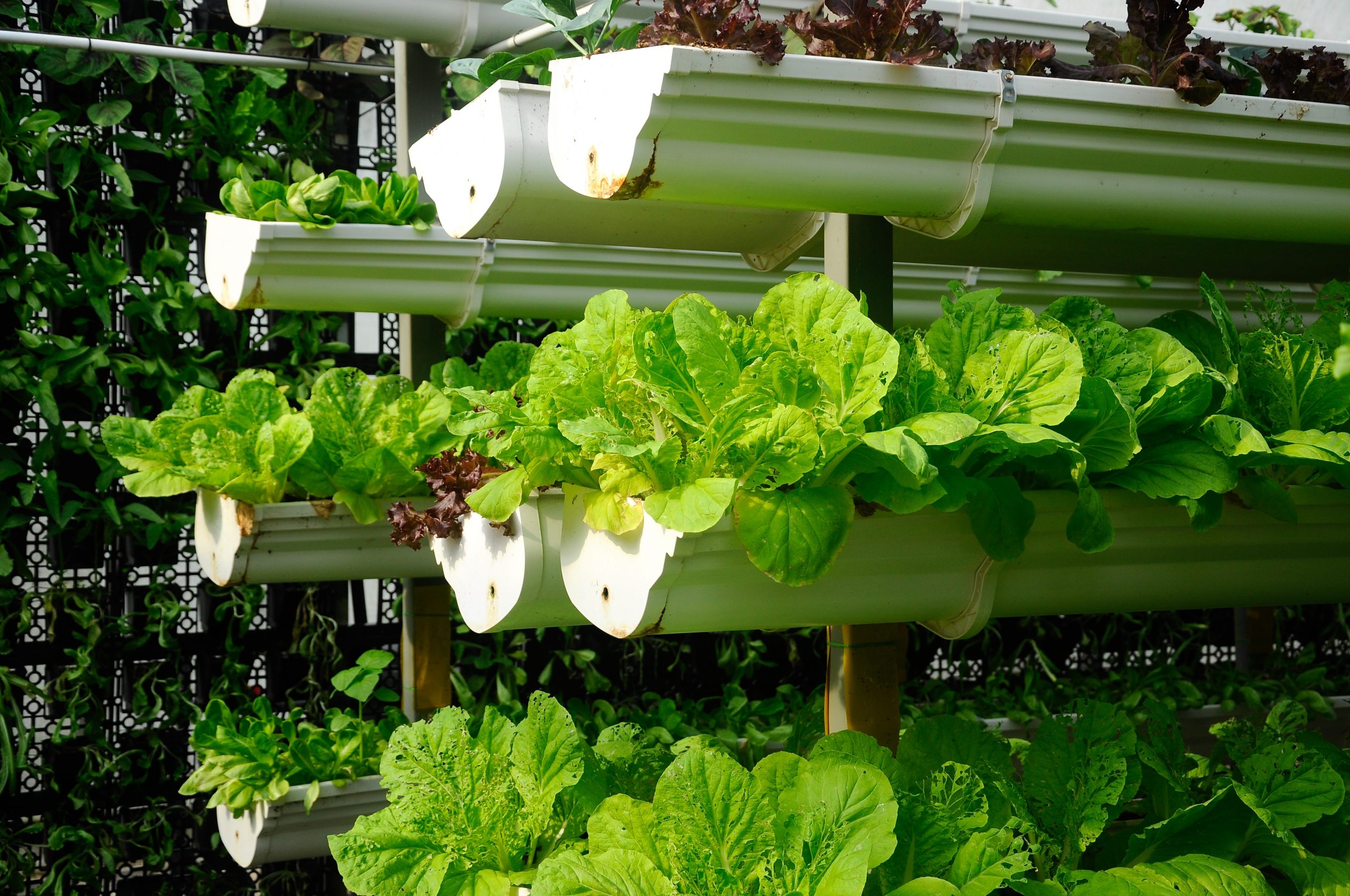As a land-scarce country with few natural resources, Singapore currently produces less than 10% of its food.
In 2019, the Singapore government launched a “30 by 30” plan, with the goal of building up the city-state’s capability and capacity to produce 30% of its nutritional needs locally and sustainably by 2030. Agritech is a key catalyst in the process of achieving this goal.
Singapore’s current food climate
As of the end of 2021, approximately 90% of food consumed in Singapore is imported. Although import source diversification is one way for Singapore to safeguard its food supply, the reliance on external providers still holds risk. Prices may spike unexpectedly, and the global supply chain could be disrupted.
There is also a shortage of space in Singapore, where only 1% of land is earmarked for growing food. To cultivate food locally, agritech solutions that offer compact farming solutions are the answer. These farms use high-tech systems to increase crop output in limited space, growing more food without demanding excessive resources.
Now, Singapore’s agricultural industry is rapidly growing due to the adoption of urban farming solutions. According to Trade Data Monitor, the city-state’s total food and agricultural market size in 2021 was estimated to be USD 2.51 billion, with the value of local food and agricultural production estimated at USD 261 million.
Vertical farming: A solution to land scarcity
Singaporean company Sky Urban Solutions is converting rooftops into spaces where food is grown. They call their vertical outdoor farm Sky Greens.
Sky Greens is a patented vertical farming system consisting of an A-shaped aluminum frame that is 9 meters tall, with up to 28 tiers of growing troughs revolving around it. Using a rotating tier-based system ensures that each trough receives uniform sunlight, water, and nutrients.
The farming system is automated and each tower only requires 40W of electricity per hour. Sky Green harnesses natural sunlight instead of using artificial lighting, and a trough’s movement is powered by a hydraulic system. Sky Greens yields five to ten times more produce per unit area compared to traditional farms in Singapore.
Dual farming through aquaponics
A leading company in Singapore’s urban farming sector is World Paradise Farm (WPF), which has developed its patented Smart Recirculating Aquaculture Aquaponics System (Decoupled RAAS), a climate optimizable system with software that can track growth and analyze crops. This enables WPF to implement precision and predictive farming—an approach that uses high technology sensors and analysis tools to increase crop yield.
Like Sky Greens, WPF’s farms are also designed to optimize production per unit area through a vertically stacked hydroponic system. Water loss is minimized as nutrient-rich wastewater is recycled within the system.
In January 2022, the company said it would deliver the first 40 containers in Q2. It aims to produce 20% of Singapore’s leafy vegetables locally by 2024.
Government funding and investments in agritech
In 2019, Singapore-based startups received USD 177 million in funding for agri-food tech across 37 deals, the highest level among ASEAN countries, according to the 2020 ASEAN AgriFoodTech Investment Report. Aside from private equity investments, the Singapore government has pledged to support the local agri-food industry in its four-year-long Research, Innovation, and Enterprise 2025 (RIE2025) plan. Objectives include increasing the amount of food produced per unit area by 100% and lowering the energy cost of indoor farming by 90%.
The Singapore Food Agency (SFA), a government agency overseeing Singapore’s “30 by 30” plan, has funding measures to support agritech startups. This includes a SGD 60 million (USD 43 million) Agri-Food Cluster Transformation Fund to provide capital to farms to expand their crop cultivation capabilities and capacities. The grant will be available to applicants until 2025. In 2019 and 2020, SFA awarded over SGD 23 million (USD 16 million) to 12 projects that were developing solutions for “sustainable urban food production.”
Overall, the Singapore government’s efforts to partner with and invest in food and technology startups have led to significant growth in vertical and rooftop farming. The total value of local food production increased by 13%, from SGD 163.4 million (USD 119 million) in 2020 to SGD 185.2 million (USD 135 million) in 2021.
Despite the progress made over the last year, the government’s “30 by 30” is an ambitious goal. There’s still much more work that has to be done, which means there are plenty of opportunities for enterprising researchers and entrepreneurs to develop solutions that contribute to enhancing the city-state’s food security.

